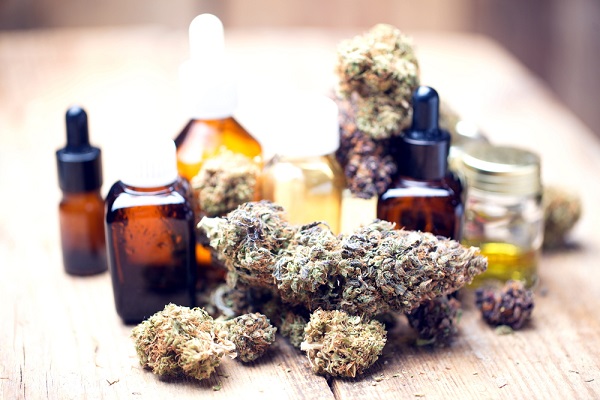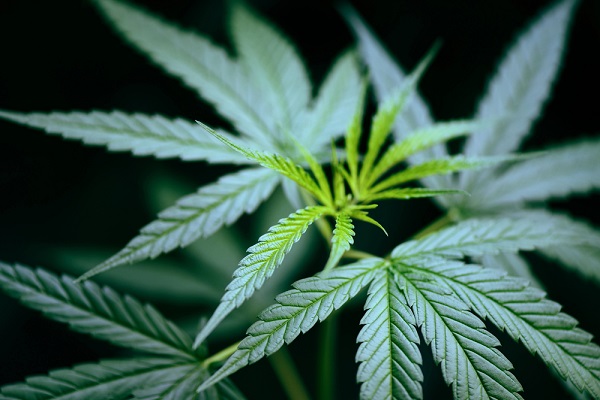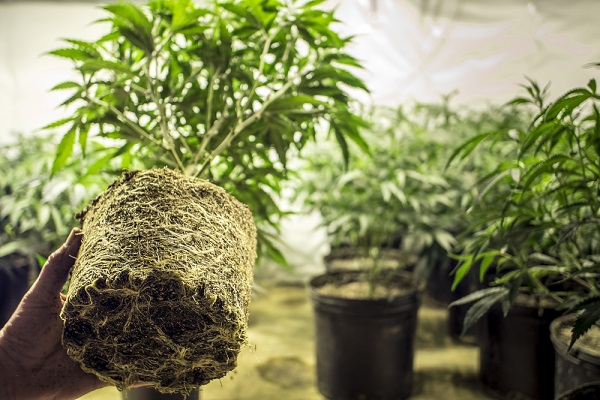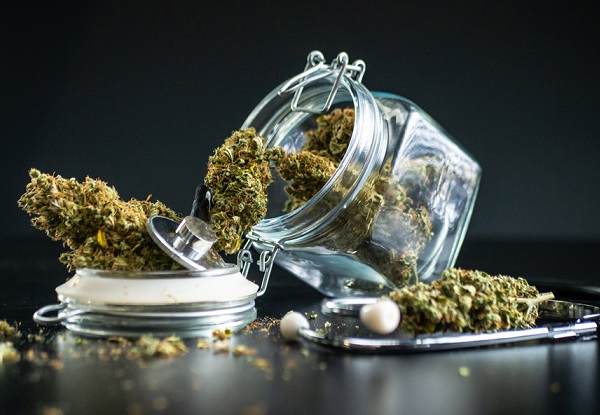4 Common Coverage Gaps Agents Should Highlight for Cannabis Clients
Cannabis operators are facing increasing operational costs and liability risks and are looking to cut costs wherever they can.

Cannabis operators are facing increasing operational costs and liability risks and are looking to cut costs wherever they can.

Challenges persist for the cannabis industry due to changes in the regulatory landscape, an increase in product recalls, increasing premiums and industry consolidation.

With regulatory gaps and safety concerns surrounding hemp-derived THC beverages, manufacturers, distributors and retailers need to protect themselves with the right insurance coverage.

Is there a liability coverage gap for the sale of THC-infused drinks, with or without the addition of a liquor liability form? Does the definition of “intoxication” apply to only alcohol or more broadly?

Insured event triggers include impairment, government recall, malicious product tampering and product extortion.
For many of the small business owners who have entered the retail cannabis market, ensuring they have the correct type and sufficient levels of insurance coverage may not be top of mind.

As states expand legalization, the demand for cannabis is growing, creating both opportunities and challenges for independent agents to enter the market.

Many cannabis businesses deal entirely in cash, which makes it hard to operate while under significant risk from theft.

One of the latest trends is retail consumption lounges, and agents should keep up to date with evolving regulation.

As the legal landscape evolves, so too does the establishment of cannabis-related businesses that require insurance coverage.
